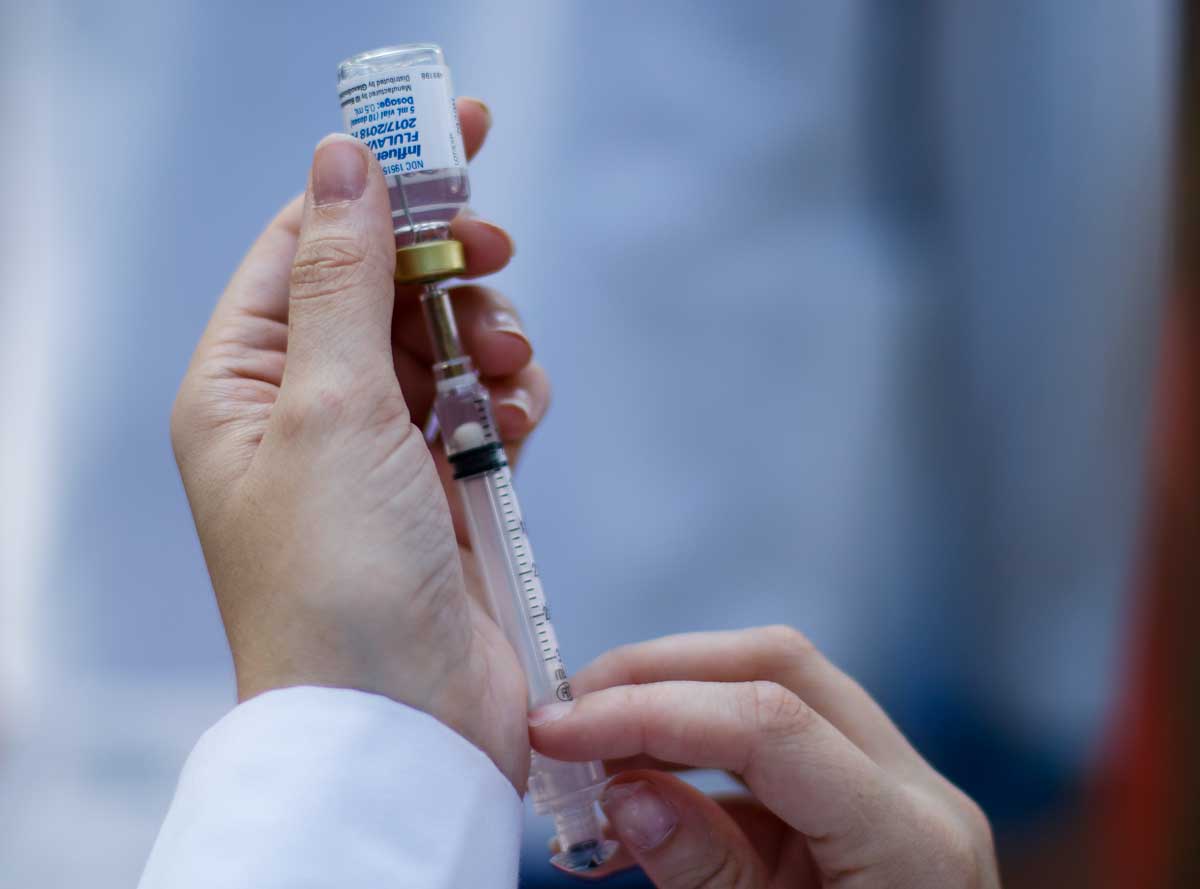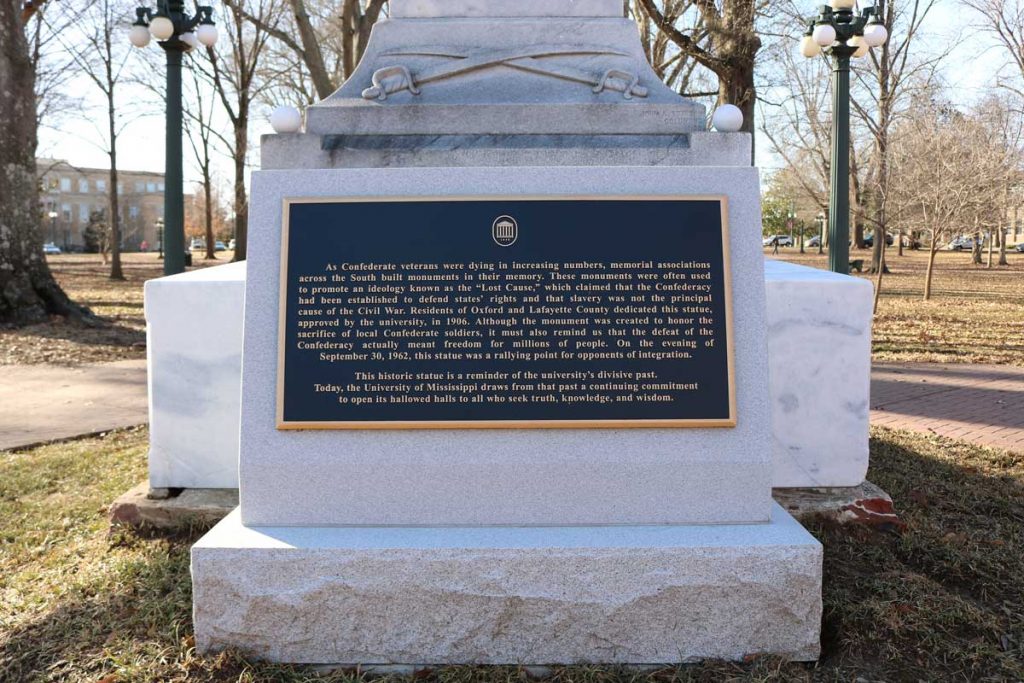The semester is off to a wintery start with temperatures plummeting to the teens, frost coating car windows in the mornings and, unfortunately, stuffy noses, muscle aches and feverish chills.
Cold weather and the flu are encapsulating the nation this January – according to an update published five days ago by the Center for Disease Control, all states except Hawaii are experiencing “widespread” flu activity. Thirty-two states – including Mississippi – have reported “high” influenza activity.
Director of University Health Services Travis Yates said the Health Center has seen an “uptick” in students with flu-like symptoms. However, he said such an increase is to be expected after the student body returned for spring classes.
“This flu season has not been unusual to this point – however, we are not even a full week into spring semester yet,” Yates said. “If we follow the current national trend, I anticipate a significant increase in our students presenting with influenza over the next few weeks.”
Yates said there has also been an increase in flu vaccines this week, but once again, such a trend is normal at the start of a new semester. But even though more students are getting the flu shot, “the immunization rate remains well below optimal levels,” Yates said.

Liz Charlot, director of communications for the Mississippi State Department of Health, said this year’s flu season started a month earlier than usual in the state and she strongly urges college students to get vaccinated.
“We are in peak season, and it’s not too late to get a flu shot – especially students,” Charlot said. “The strain going around now is nasty.”
According to the CDC, the most frequently identified influenza virus subtype reported by public health laboratories was H3N2, which is the most dangerous of the four seasonal strains.
“The flu shot – two weeks to immunize – can really prevent hospitalizations, complications and death,” Charlot said. “Healthy people do die from the flu from complications.”
A study by the CDC from Jan. 7 to 13 reported a national cumulative rate of 31.5 laboratory-confirmed flu-associated hospitalizations per 100,000 people.
Charlot said that although there’s nothing unusual about this flu season, she advises college students to avoid the classroom if they show symptoms.
“If you’ve got symptoms like cough, runny nose, body aches, fever, you need to go to your infirmary to get vaccinated,” Charlot said. “You need to be treated and stay in so you’re not contagious.”
The cold weather isn’t necessarily what’s causing the flu, Charlot said, but low temperatures tend to cause people to spend more time inside, where they’re more likely to catch germs from others.












